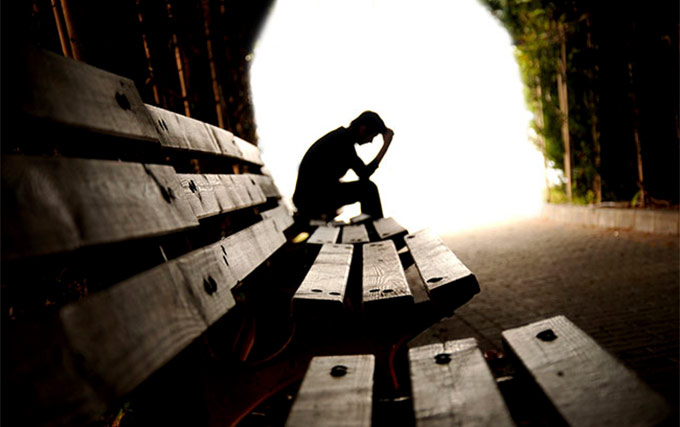The experience of grief is typically not very comfortable. We might experience a range of unpredictable emotions, we may feel very sensitive or disconnected, and the people around us may interact with us differently. However uncomfortable, grief is an important part of coping with change. It allows us to understand our loss and integrate into our lives. If we resist grief, the loss will continue to exist in a poignant way and can even lead to mental health concerns such as anxiety and/or depression.

Often when we think of grieving, we think of the time following a death. However, the experience of grieving can occur in many situations in which there has been a change. For example, you might experience of sense of grief when leaving a job–even if the next job is something you are excited about. After breaking up with a romantic partner, you may experience a sense of loss and sadness. You may find yourself experiencing grief if a loved one is ill and is facing the prospect of death. Each of these examples represent a change from what you may have come to think of as normal. Your hopes, dreams, and plans will be altered due to these changes. And amidst these changes, we cope by saying goodbye to what was normal and try to figure out what is normal now.
Each Person’s Experience of Grief is Different
Have you ever known someone who appeared to be unaffected by a loss in their life? Perhaps they preferred not to talk about it and were able to return to work right away and laugh at jokes. It would be easy to assume that this person was not experiencing grief. Perhaps another person cannot stop talking about the loss, cried openly and often, and is not their usual self well right after a loss. It might be easy to assume this person is overwhelmed by grief and not functioning well. However, these are just a few of the many ways that people experience grief.
The Activities of Grief
Though grieving occurs naturally for most people, there are some things that can help. Here are four tips for dealing with grief:
- Give yourself permission to grieve: though people in our culture are not always comfortable with others grief, it is important for you to give yourself the time and space it takes. The more we deny our grief or try to ignore it, the longer it will last.
- Recognize there is no “right way” to experience grief: you may not grieve the same way others do but it does not devalue your way. The intensity of your grief may also last different periods of time than others.
- Seek social support: it is normal and reasonable to look for support from others following a loss. Choose someone you trust and feel you can be real with, even if it means the “messy cry” or expressions of anger.
- Do something to mark the loss: there is a reason many cultures have rituals around death: they assist in helping people recognize that something significant has occurred and helps us understand how to respond to these situations. People are incredibly creative in marking losses. For example, people might burn pictures or give back personal possessions after a relationship ends. Other people may establish a memorial fund or plant a tree when a loved one dies. Find a way for you to recognize the change. It doesn’t have to be big, it just has to be important and meaningful to you.
